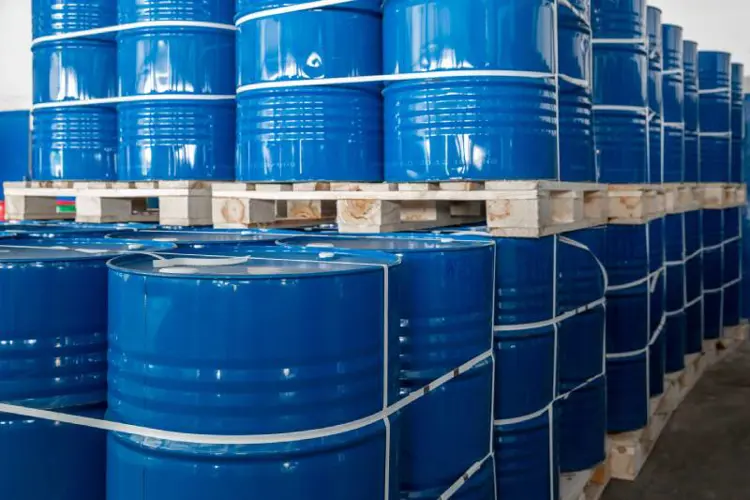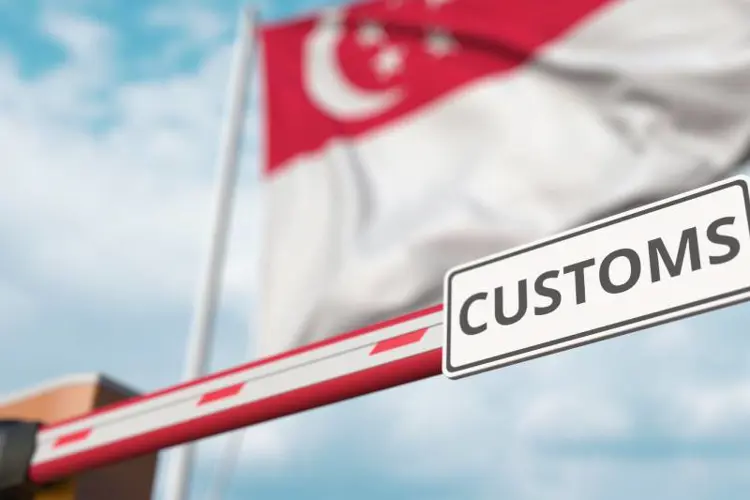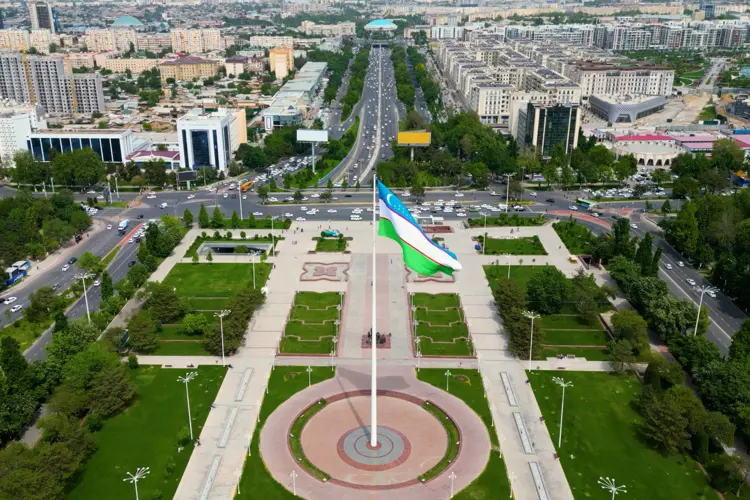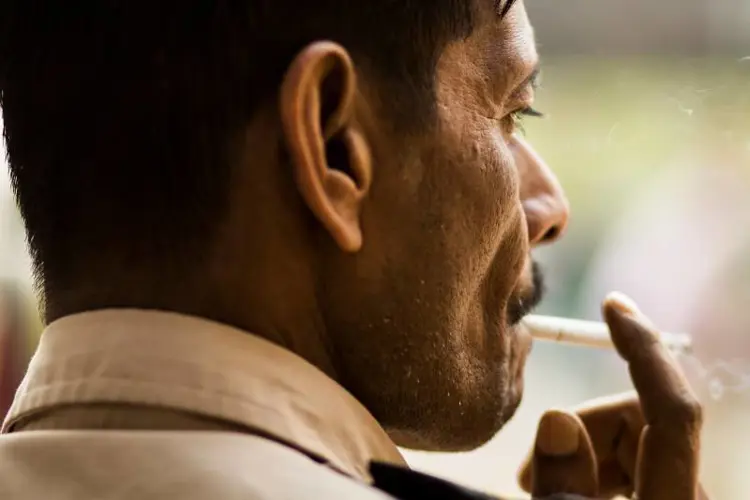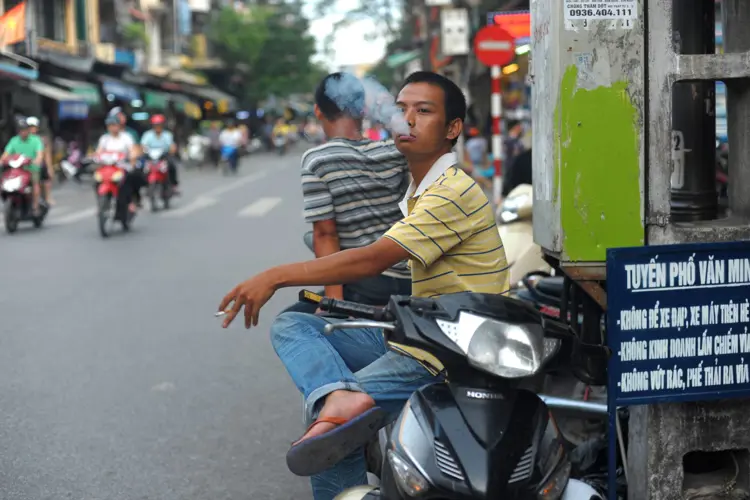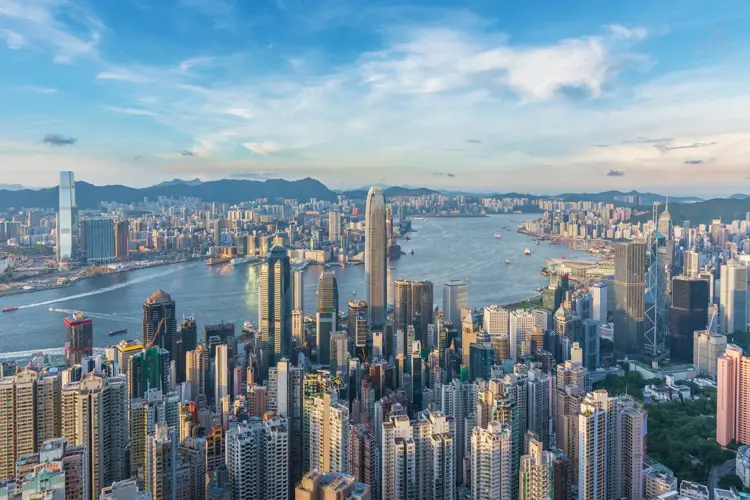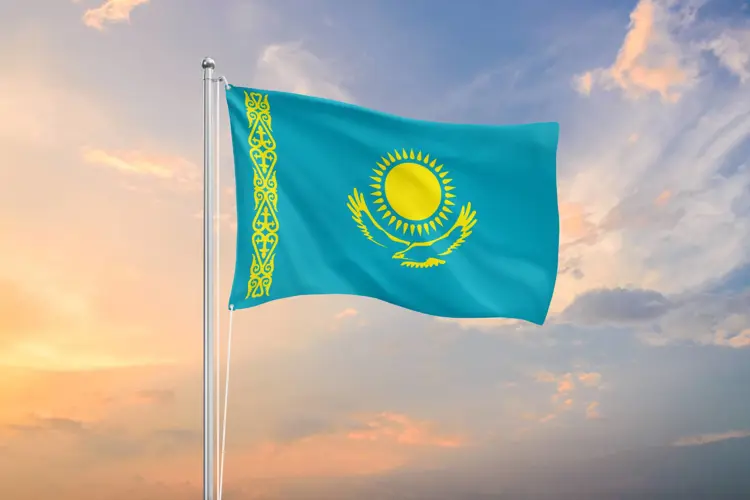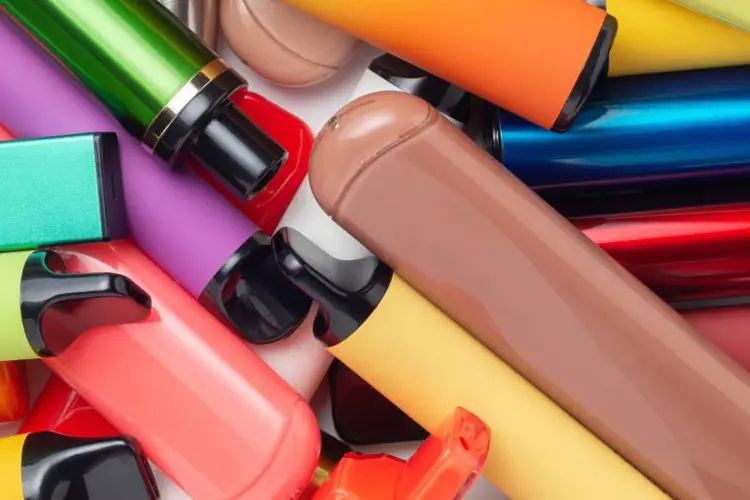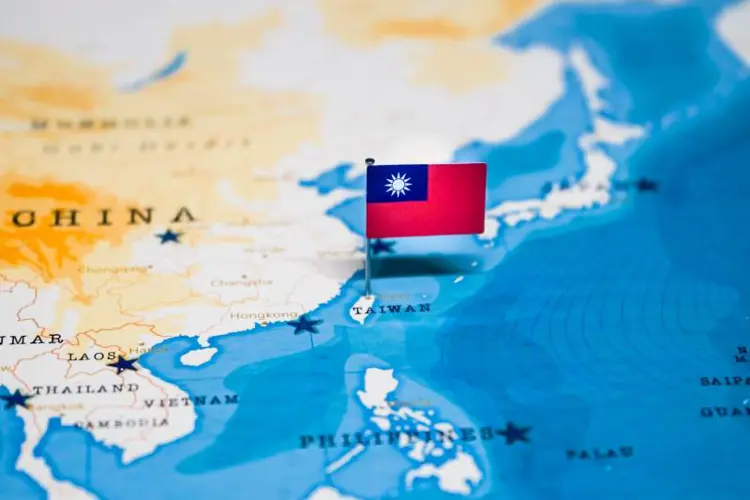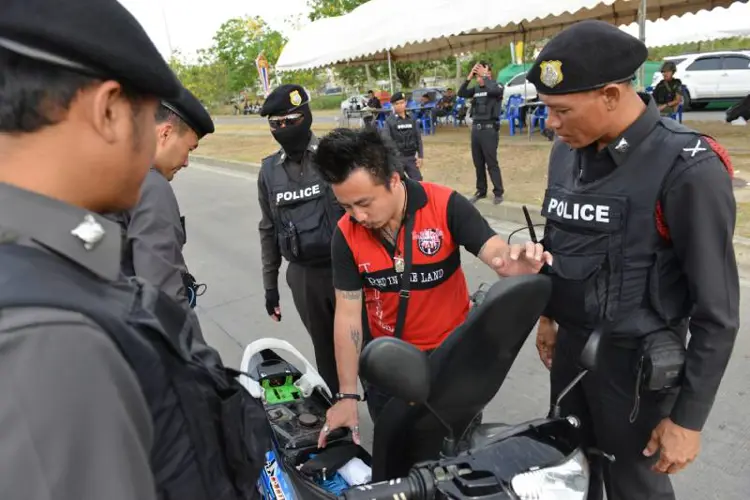Indian tobacco corporation ITC Limited—formerly known as the India Tobacco Company—has announced that it will produce nicotine and nicotine salts for export to countries that allow sales of vaping and oral nicotine products like nicotine pouches.
The nicotine processing will be done by a new ITC subsidiary called ITC IndiVision Limited. According to The Economic Times, ITC has already received regulatory approval and invested $6.7 million in the venture. Even before ITC launched its nicotine enterprise, India was a major supplier of pharma-grade nicotine to the rest of the world.
Ironically, vapers and smokers in India will not have access to legal products that use the purified nicotine made by ITC, because the Indian government banned vaping products two years ago. Even more ironic: the government is a major stakeholder in ITC.
India banned the sale, manufacture, import, export, and advertising of all vaping and heated tobacco products in September 2019. Violators of the law can be punished with large fines, and even receive prison sentences for repeat offenses. The ban seems to have worked: many Indian vapers are moving back to cigarettes.
When India banned e-cigarettes, vaping activists were quick to point out that the government owns 28.5 percent of ITC Limited. In fact, the only larger stakeholder in the $25 billion company is British American Tobacco, which controls 29.4 percent. That makes the government of India partners with the world’s second-largest tobacco company, and a huge beneficiary of cigarette sales—even before it collects taxes.
ITC is a major seller of cigarettes in the world’s second-most populous country. India is home to nearly 1.4 billion people, and more than 110 million of them smoke—nearly four times as many as in the United States. Only China has more smokers, more disease and death from tobacco, and a larger government stake in the tobacco industry (China Tobacco is a wholly state-owned enterprise).
It’s an odd position to be in for a country that banned vaping products on the advice of the World Health Organization and its Bloomberg-funded partners. The WHO’s tobacco control arm, the Framework Convention for Tobacco Control (FCTC), warns endlessly about what it calls “tobacco industry interference,” but the FCTC is largely silent on the issue of government-owned tobacco companies.
Aside from partially-owned ITC Limited and fully state-owned China Tobacco (the world’s largest tobacco company), other FCTC signatories that own tobacco companies include Iran, Iraq, Lebanon, Syria, Thailand, Tunisia, and Vietnam. Many of the FCTC member countries that own tobacco companies have vape bans or restrictions in place, and also often prohibit other low-risk nicotine products.
India’s former health minister Dr Harsh Vardhan earned special recognition from the WHO this year on World No Tobacco Day for “his invaluable leadership in accelerating tobacco control efforts in India.” There was no mention during the ceremony that the government Vardhan represented is a major stakeholder in India’s biggest tobacco company.
Read more about India’s vaping and tobacco policies:
The Freemax REXA PRO and REXA SMART are highly advanced pod vapes, offering seemingly endless features, beautiful touchscreens, and new DUOMAX pods.
The OXVA XLIM Pro 2 DNA is powered by a custom-made Evolv DNA chipset, offering a Replay function and dry hit protection. Read our review to find out more.
The SKE Bar is a 2 mL replaceable pod vape with a 500 mAh battery, a 1.2-ohm mesh coil, and 35 flavors to choose from in 2% nicotine.
Because of declining cigarette sales, state governments in the U.S. and countries around the world are looking to vapor products as a new source of tax revenue.
The legal age to buy e-cigarettes and other vaping products varies around the world. The United States recently changed the legal minimum sales age to 21.
A list of vaping product flavor bans and online sales bans in the United States, and sales and possession bans in other countries.







